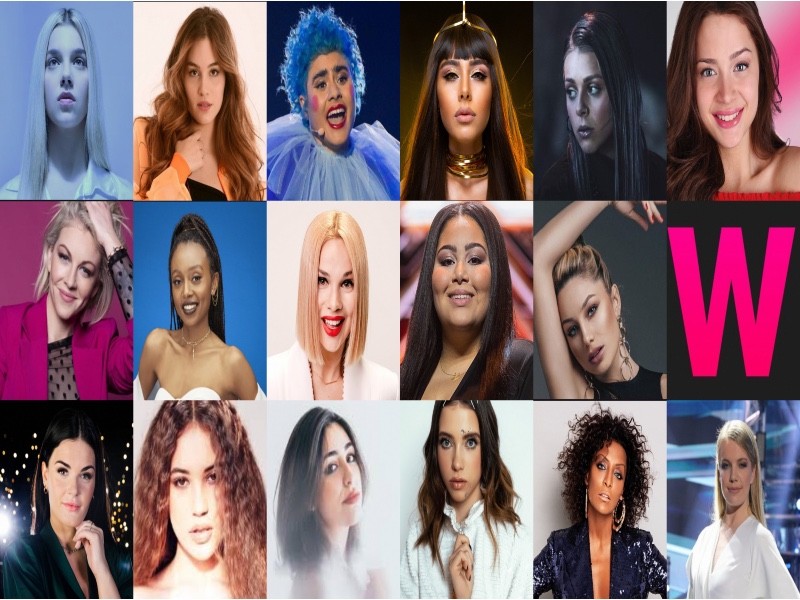

She was pitched as a virgin: cruel branding that invited media prurience and set a time bomb counting down towards her inevitable downfall. The scrappy Spice Girls preceded the cyborgian Britney, who was a far sleeker enterprise – until she wasn’t. In the late 90s, kid-pop became an industry unto itself: Smash Hits and Top of the Pops magazine pitched younger CD:UK and America’s TRL aimed at Saturday-morning and after-school audiences Simons Fuller and Cowell built empires. Their real lives – the all-nighters and eating disorders – were hidden so effectively that Eilish, born in 2001, thought the band was made up, actors playing the roles of the group in Spiceworld: The Movie. But, given their fans’ youth – and the sponsors that used the band to reach them – they also had a duty of responsibility. By comparison, the Spice Girls were lunatics conquering the asylum. In the 70s and 80s, idols such as David Cassidy primed girls for a monogamous future. Madonna, Janet Jackson and TLC knew them well – but the concept of the pop “role model”, expected to set an example to kids, solidified when the Spice Girls became the first female act to be marketed at children. Photograph: Tim Roney/Getty Imagesįemale musicians have been subject to conflicting moral standards for longer than Eilish has been alive. “If somebody does something shitty nowadays, a 17-year-old singer can get on their social media and say, ‘Look what this fucker did! It’s fucked up.’” “It’s a lot harder to treat women the way they were treated in the 90s now, because you can get called out so easily on social media,” Fiona Apple – who knows about the simultaneous sexualisation and dismissal of young female musicians – said recently. She and her millennial peers have grown up in a decade in which pop’s good girl/bad girl binary has collapsed into the moral void that once upheld it, resulting in a generation of young female stars savvy to how the expectation to be “respectable” and conform to adult ideas of how a role model for young fans should act – by an industry not known for its moral backbone – is a con. To Gen Z’s Eilish, not yet 18, it is a weird new world. “I don’t like that there’s this weird new world of supporting me by shaming people that may not want to dress like me.” Critics have tried to make sense of it, but when editorials praised Eilish’s “total lack of sexualisation”, she denounced them for “slut-shaming” her peers. It’s largely down to her aesthetic: a funhouse Fred Durst a one-woman model for the combined wares of Camden Market.

W hile Billie Eilish has reinvented pop with her hushed SoundCloud rap menace, creepy ASMR intimacy and chipper show tune melodies, there’s also something reassuringly comforting about her: as a teenage pop star, she has fulfilled her proper duty by confusing the hell out of adults.


 0 kommentar(er)
0 kommentar(er)
